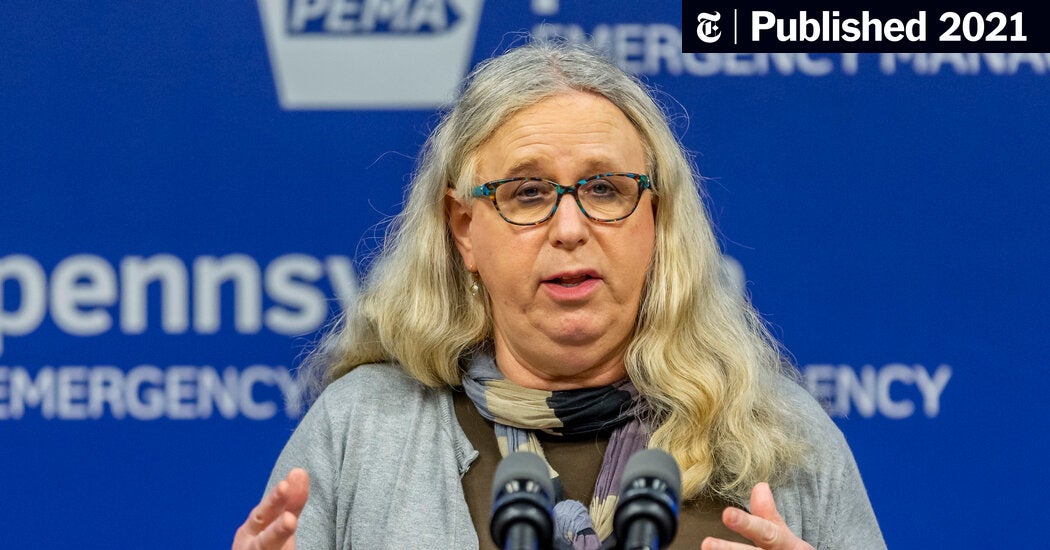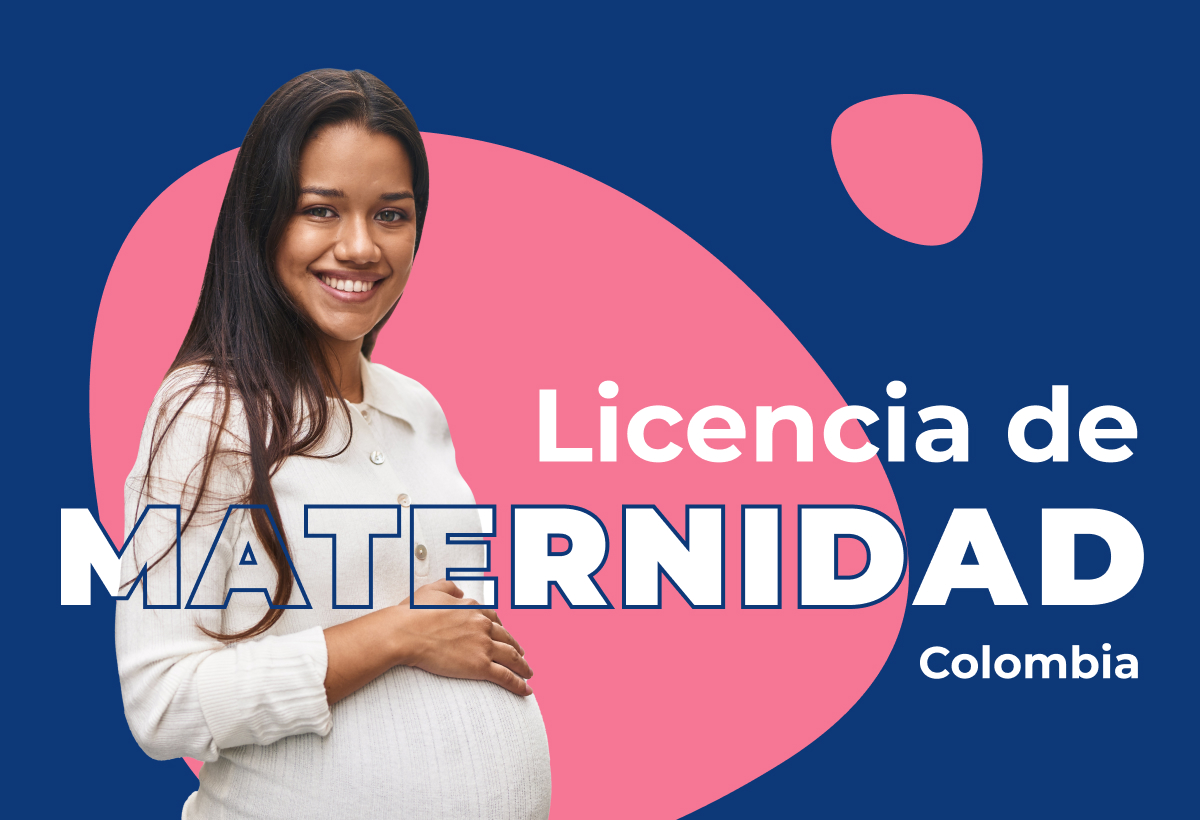Debunked Autism-Vaccine Link: HHS Under Fire For Activist Appointment

Table of Contents
The Scientific Consensus: Vaccines Do Not Cause Autism
The overwhelming scientific consensus is clear: vaccines do not cause autism. Decades of rigorous research have consistently failed to find any credible evidence supporting a causal relationship between vaccines and the development of autism spectrum disorder (ASD).
Extensive Research and Studies
- Numerous large-scale epidemiological studies, including those examining the MMR (measles, mumps, and rubella) vaccine, have repeatedly shown no link between vaccination and autism.
- These studies have employed robust methodologies, including control groups and rigorous statistical analysis, to minimize bias and ensure accuracy.
- The results have been consistently replicated across different populations and geographical locations, further strengthening the conclusion that there is no causal relationship.
Understanding Autism's Complex Etiology
Autism is a complex neurodevelopmental disorder with a multifaceted etiology. While the exact causes remain unclear, current research points to a combination of genetic and environmental factors.
- Genetic predisposition: Studies have identified numerous genes associated with an increased risk of autism.
- Environmental influences: Factors such as prenatal exposure to certain toxins or infections may also play a role.
- The ongoing research into the causes of autism highlights the disorder's complexity and the limitations of our current understanding. It's crucial to focus resources on legitimate research rather than pursuing unsubstantiated claims.
The Rise and Fall of the Misinformation Campaign
The false claim linking vaccines to autism originated from a single, fraudulent study published in 1998 by Andrew Wakefield. This study was later retracted due to falsified data and unethical research practices. Despite being thoroughly debunked, the misinformation spread rapidly, fueled by media sensationalism and the power of social networks.
The Origin and Spread of the False Claim
- Andrew Wakefield's fraudulent study served as the catalyst for the anti-vaccine movement.
- The misinformation spread rapidly through online platforms, social media, and even some segments of traditional media, causing significant damage to public trust in vaccines.
- This resulted in a decrease in vaccination rates globally, leading to preventable outbreaks of diseases like measles, mumps, and pertussis.
The Impact of Vaccine Hesitancy
The consequences of vaccine hesitancy are severe and far-reaching. Decreased vaccination rates have led to a resurgence of vaccine-preventable diseases.
- Measles outbreaks in recent years, often linked to lower vaccination rates, have resulted in hospitalizations and even deaths.
- The economic burden of these outbreaks is substantial, placing a strain on healthcare systems and impacting public health resources.
- Beyond the health risks, the erosion of public trust in vaccines undermines crucial public health initiatives.
The HHS Appointment Controversy: A Threat to Public Health?
The recent appointment of an individual with a history of expressing skepticism towards the safety and efficacy of vaccines to a high-ranking position within the HHS has raised serious concerns among public health experts.
The Appointee's Stance on Vaccines
- The appointee has publicly expressed views aligning with anti-vaccine sentiments, questioning the safety of vaccines and promoting unsubstantiated claims.
- Their past statements and actions demonstrate a clear disregard for the overwhelming scientific consensus on vaccine safety.
- This appointment sends a dangerous message, potentially undermining public trust in government health agencies and potentially jeopardizing crucial vaccination efforts.
Public Health Implications and Concerns
This appointment poses significant threats to public health initiatives:
- It could lead to changes in vaccine recommendations, potentially reducing vaccination rates and increasing the risk of outbreaks.
- Funding for vaccination programs might be affected, hindering efforts to protect vulnerable populations.
- The appointment could further erode public trust in health authorities and the scientific consensus on vaccine safety. This could have long-term consequences for public health.
Conclusion: Separating Fact from Fiction: The Continuing Fight Against Misinformation on the Autism-Vaccine Link
The scientific consensus is irrefutable: there is no link between vaccines and autism. The spread of misinformation about the autism-vaccine link has had devastating consequences for public health. The recent HHS appointment only underscores the urgent need to continue combating this harmful misinformation. Rely on credible sources of information, such as the CDC and WHO, for accurate and up-to-date information on vaccines and autism. Share this article to help debunk the myth of the autism-vaccine link and protect public health.

Featured Posts
-
 Wichtige Mitteilung Von Pne Ag Gemaess Artikel 40 Absatz 1 Wp Hg
Apr 27, 2025
Wichtige Mitteilung Von Pne Ag Gemaess Artikel 40 Absatz 1 Wp Hg
Apr 27, 2025 -
 Un Ano De Salario Por Licencia De Maternidad El Nuevo Estandar En La Wta
Apr 27, 2025
Un Ano De Salario Por Licencia De Maternidad El Nuevo Estandar En La Wta
Apr 27, 2025 -
 3 Million Camille Claudel Bronze Sculptures Record Breaking Auction Price
Apr 27, 2025
3 Million Camille Claudel Bronze Sculptures Record Breaking Auction Price
Apr 27, 2025 -
 1050 V Mware Price Hike At And Ts Concerns Over Broadcoms Acquisition
Apr 27, 2025
1050 V Mware Price Hike At And Ts Concerns Over Broadcoms Acquisition
Apr 27, 2025 -
 Djokovic Suffers Straight Sets Defeat Against Tabilo In Monte Carlo
Apr 27, 2025
Djokovic Suffers Straight Sets Defeat Against Tabilo In Monte Carlo
Apr 27, 2025
